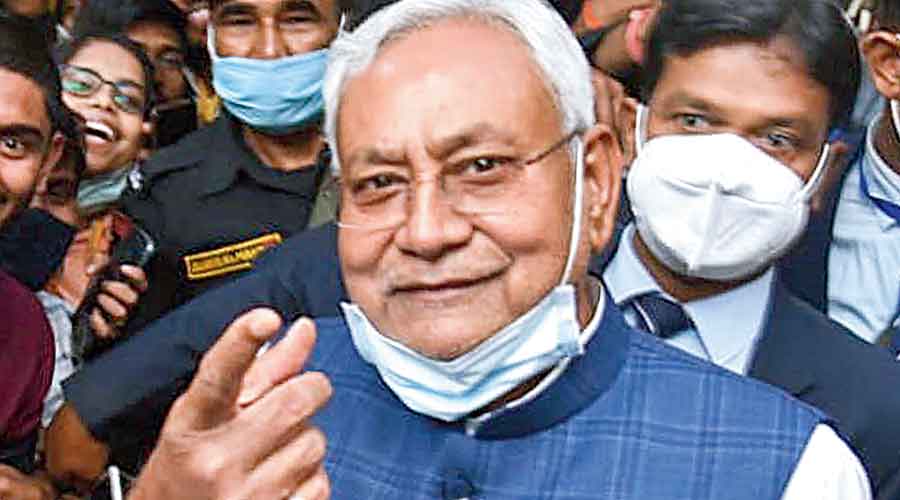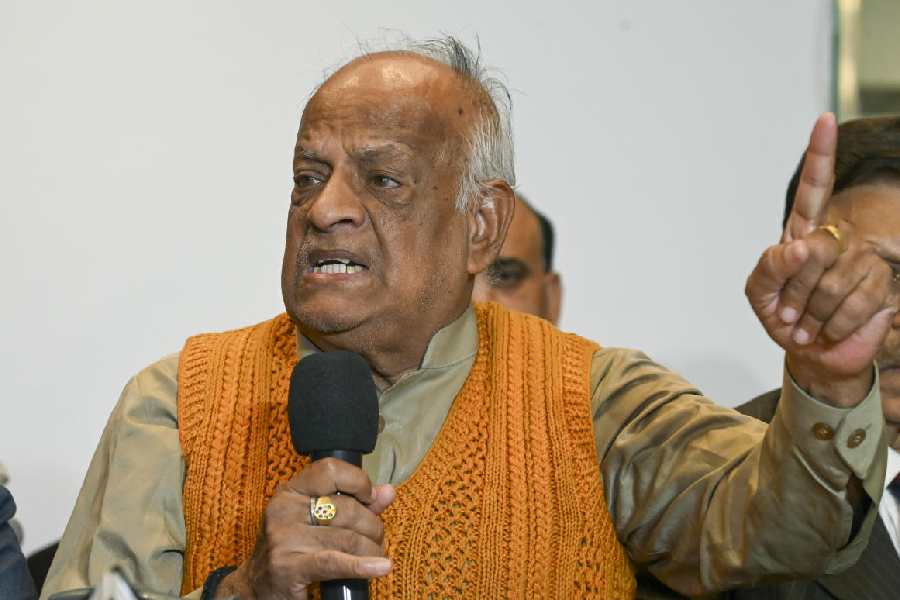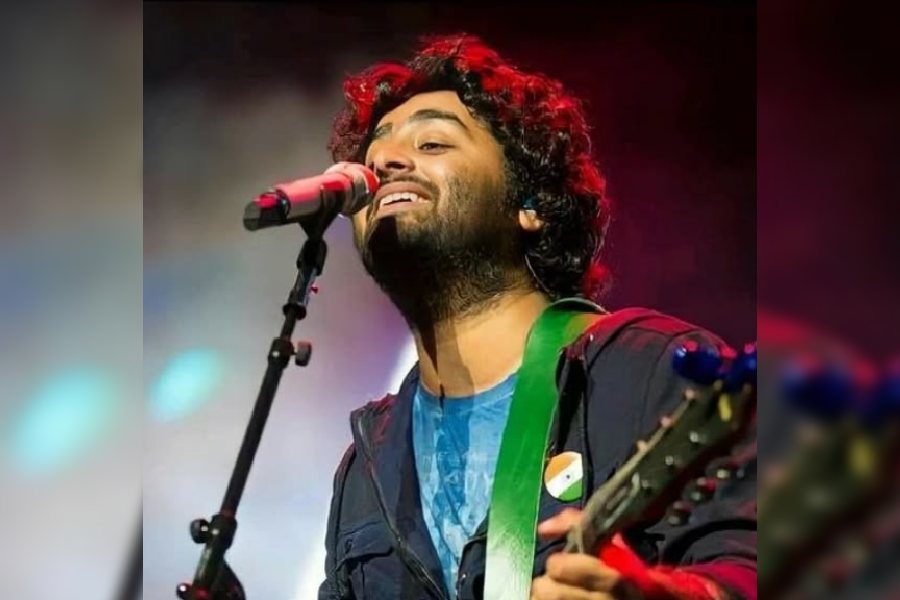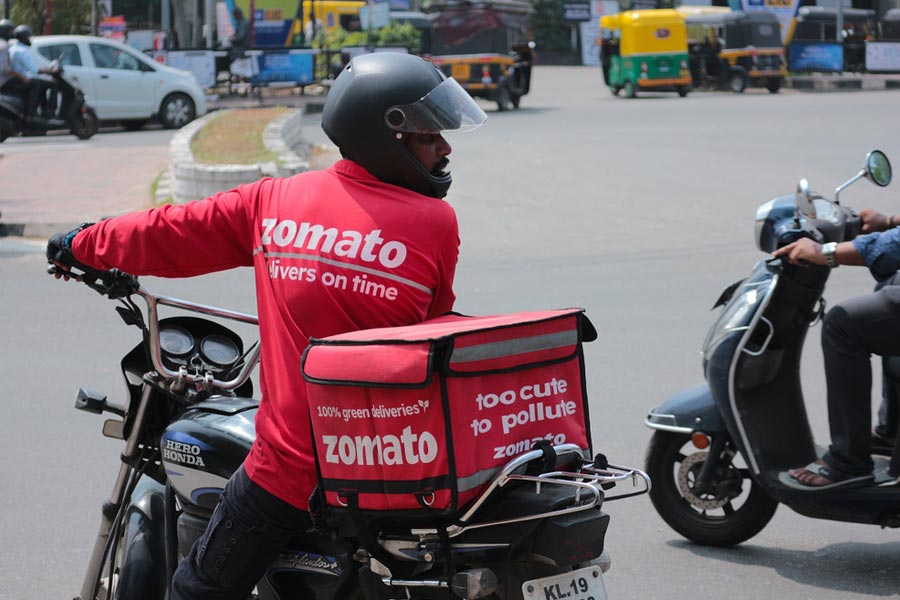Critics of the Bharatiya Janata Party may relish christening Nitish Kumar’s decision to dump the BJP — for the second time — as ghar wapsi. But that would be an incorrect conclusion. For Mr Kumar, unlike the prodigal son, returns all too briefly. The BJP and the Rashtriya Janata Dal — the latter has extended its support to the Janata Dal (United), once again — have both been jilted by Mr Kumar before. There is some speculation about Mr Kumar’s grouse on this occasion. The whispers are that the JD(U) chief had reasons to suspect that the BJP, having tasted blood in Maharashtra, was keen on splitting the JD(U) by using the disgruntled R.C.P. Singh, apparently with the Union home minister’s blessings. The bitter memories of the BJP baiting the ambitious but naïve Chirag Paswan to erode the JD(U)’s support base in the last assembly election may have aggravated Mr Kumar’s anxieties. There is also talk of Mr Kumar changing spots with an eye on leading the Opposition’s charge against Narendra Modi in 2024. Whatever may be his motive, Mr Kumar’s chequered record of political opportunism may deplete his credentials. At a time when Indian elections are being increasingly transformed into a contest between personalities, the perceived lack of integrity may weaken Mr Kumar’s case.
This is not to suggest that the BJP has reasons to be complacent about the developments. The JD(U)’s entry into the Opposition fold two years before the Lok Sabha polls will make the BJP wary. Moreover, one of the most notable aspects of the BJP under the leadership of Mr Modi has been its transformation into an aggressive unit forever gluttonous for power. The Shiv Sena in Maharashtra, Shiromani Akali Dal in Punjab, Peoples Democratic Party in Kashmir, Asom Gana Parishad, to name a few, lie weakened today because the BJP has succeeded, like a parasite, in growing at their expense. The ultimate crippling of all parties — not just the Congress — appears to be central to the BJP’s vision of achieving political hegemony. The Opposition, even this divided Opposition, should capitalise on this existential threat and attempt to stitch up much broader coalitions against the BJP regionally and at the national level. Is not the future of a federal, multi-party, parliamentary model of democracy worth fighting for?











